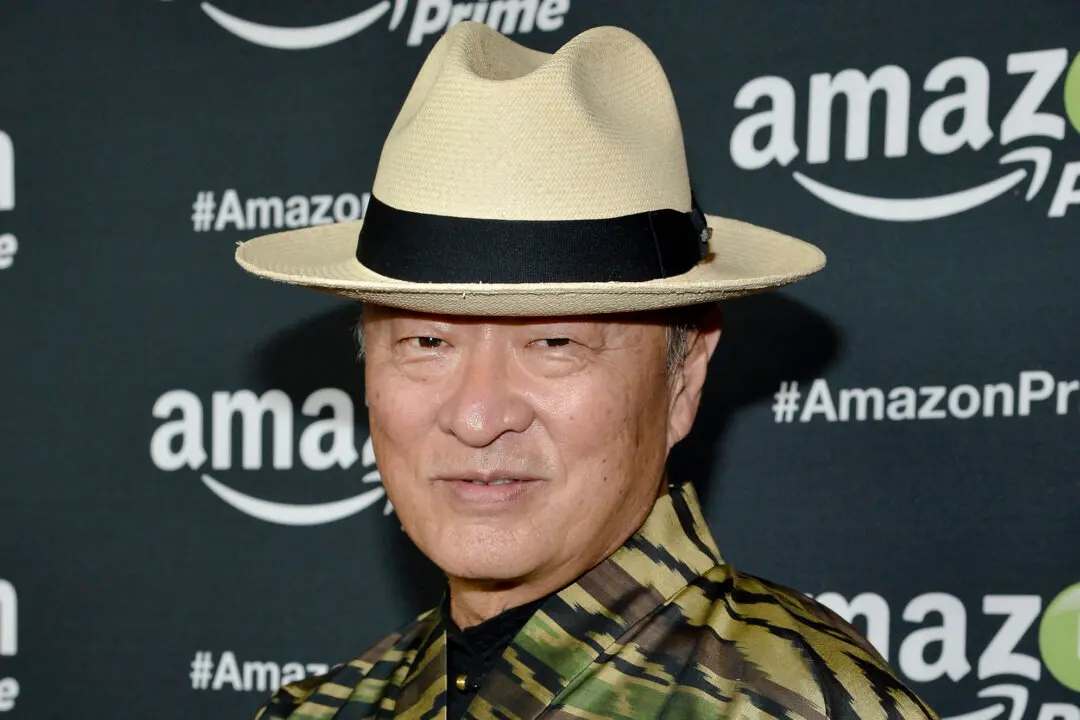Marilu Henner, an actress well-known for her role in the Emmy-winning sitcom “Taxi,” has shared insights into a rare medical phenomenon that allows her to recall nearly every moment of her life in remarkable detail.
During a recent interview with BBC Woman’s Hour, aired on Aug. 5, Henner, 72, explained that she has a neurological condition called Highly Superior Autobiographical Memory, or HSAM.





